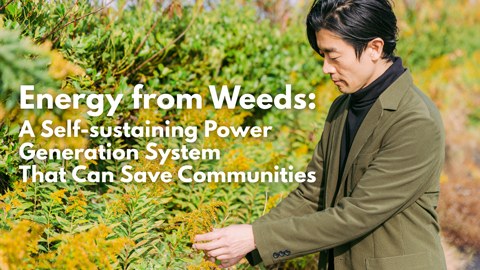The Tokyo 2020 Paralympic Games highlighted intense athletic competition among 162 participating delegations, six of which made their first Paralympic appearance with support from a Japanese University.
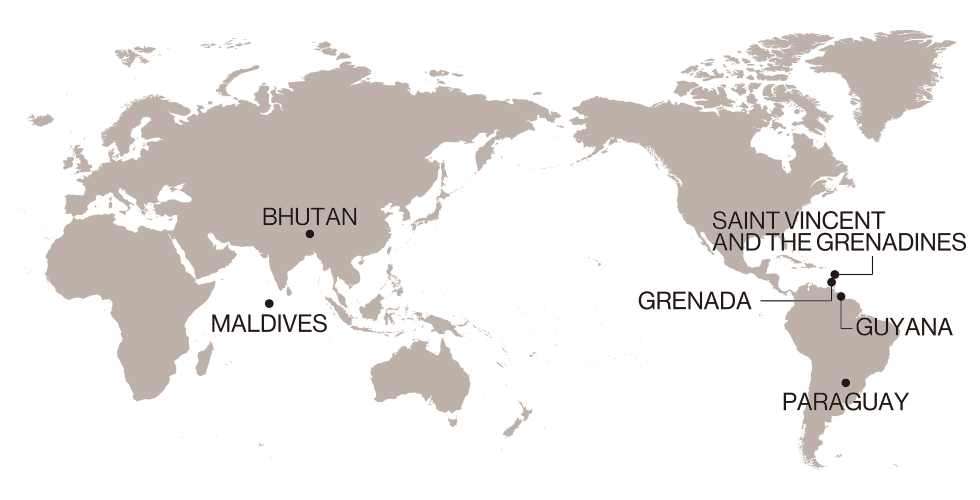
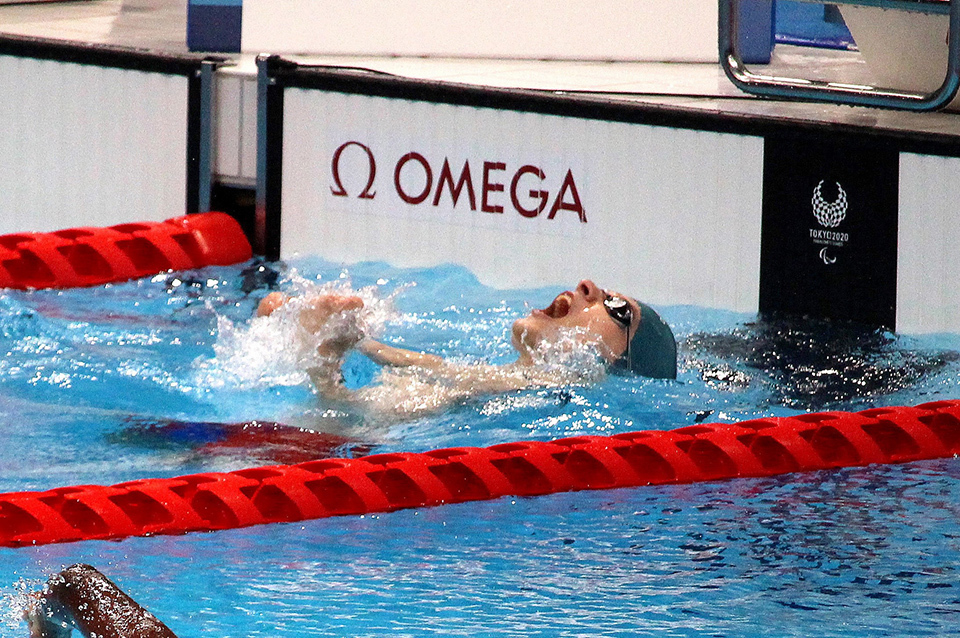
Rodrigo Hermosa became Paraguay’s first Paralympian. Swimming helped him grow mentally. Recently, he has been spreading his message among people with disabilities in his country.
When Rodrigo Hermosa saw his time on the electronic scoreboard—29.72 seconds—he unleashed a roar and pumped his fist. As Paraguay’s first ever Paralympian, he had just broken the 30-second barrier for the first time, setting a personal best on the big stage, while participating in a heat of the men’s 50 m freestyle S9 (physical impairment class) at the Tokyo 2020 Paralympic Games on August 29.
There were several Japanese people among those cheering Hermosa on: faculty and researchers from Nippon Sport Science University. As an institution that began undertaking projects for the Japan Sports Agency in 2017, the university helped para-athletes from all around the world reach this year’s Paralympics. Hermosa is one such person.
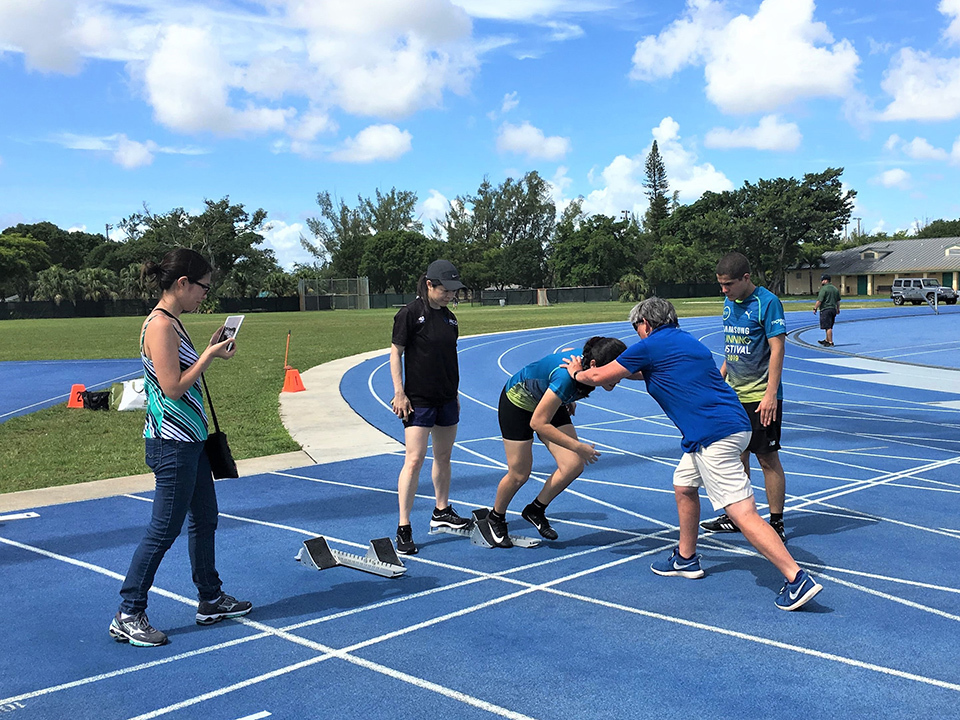
Nippon Sport Science University provided wide-ranging assistance, from athlete scouting and instruction to coaching-staff development, as well as nutritional and psychological support for athletes.
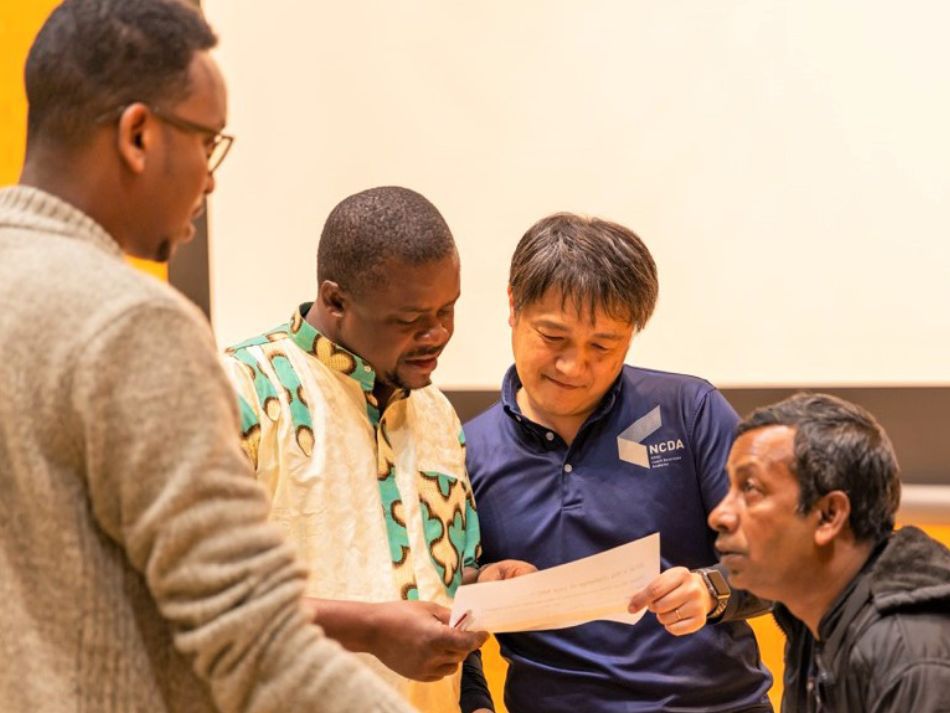
The university’s support of other countries includes National Paralympic Committee administration and classes on coaching and other subjects. Second from right is Professor ITO Masamitsu, researching coaching studies at Nippon Sport Science University.
ITO Masamitsu, a professor at Nippon Sport Science University who runs the support program, met Hermosa in Paraguay in 2018. At the time, Hermosa was only 14 years old. Born without his right arm below the elbow, he was an inexperienced swimmer and wasn’t ready to be an athlete. However, after joining a camp organized by the university and appearing in an international competition, he began receiving domestic media coverage. That planted the seed of Hermosa’s identity as an athlete.
Many countries, like Hermosa’s, face difficulties in sending delegations to the Paralympics due to small numbers of athletes, and in some cases, weak committee-management capabilities—a National Paralympic Committee is a requirement for participation in the Paralympics. Therefore, the university assigns staff to various regions and provides a wide range of assistance tailored to each country’s situation. Its support has reached a total of 43 countries, six of which made their first-ever Paralympic appearances this year: Paraguay, Bhutan, the Maldives, Grenada, Saint Vincent and the Grenadines, and Guyana.
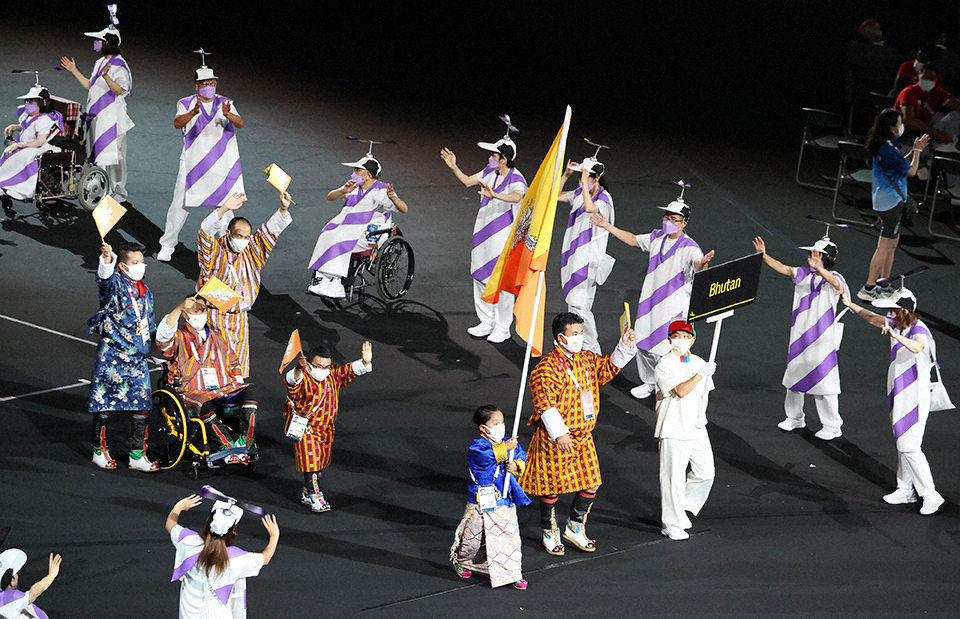
With aid from Nippon Sport Science University, Bhutan made its first Paralympic appearance and sent a delegation wearing ethnic costumes to the Opening Ceremony. The country’s three para-athletes competed in the shot put and archery athletics events. THE MAINICHI NEWSPAPERS
The goal of Nippon Sport Science University is for those athletic endeavors to continue after their support concludes. To that end, it is essential to change attitudes on the local level. As Professor Ito says, “If they’re happy with just making an appearance at the Tokyo 2020 Paralympics, then there’s no point. To connect with what comes next, we’ve engaged in numerous discussions with athletes, coaches, and National Paralympic Committee members about the purpose of sending someone to the Paralympics. Thus, we shared the bigger goal of ‘building a society where people with disabilities can live comfortably’ with them. I do believe that they will make further progress toward making that happen.”
Hermosa said, “For many people in Paraguay, these Paralympics were the first ones that they had ever watched. After I returned home, I heard people say things like, ‘I was impressed to see athletes with all sorts of disabilities playing sports so intensively.’ Looking ahead I want to achieve even better results in international competitions.” His future performance will no doubt embolden people with disabilities. The Tokyo 2020 Paralympic Games were a precious step forward, influencing attitudes toward the creation of an inclusive society.




























